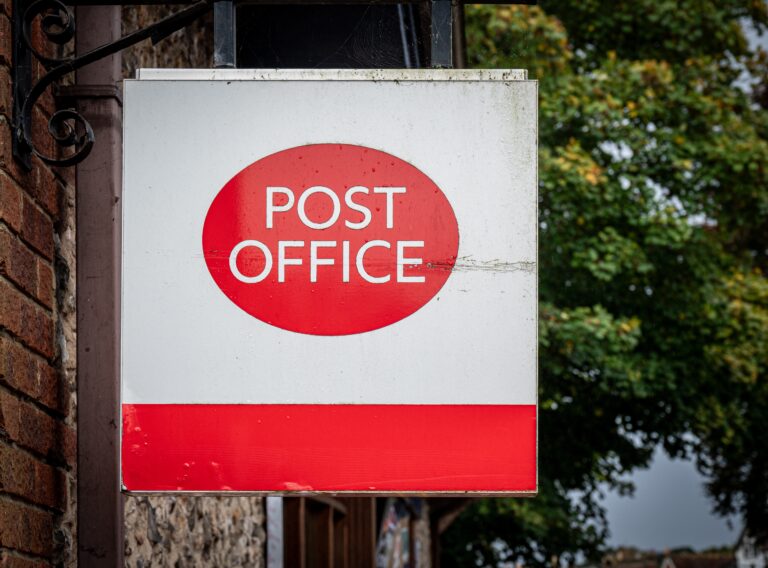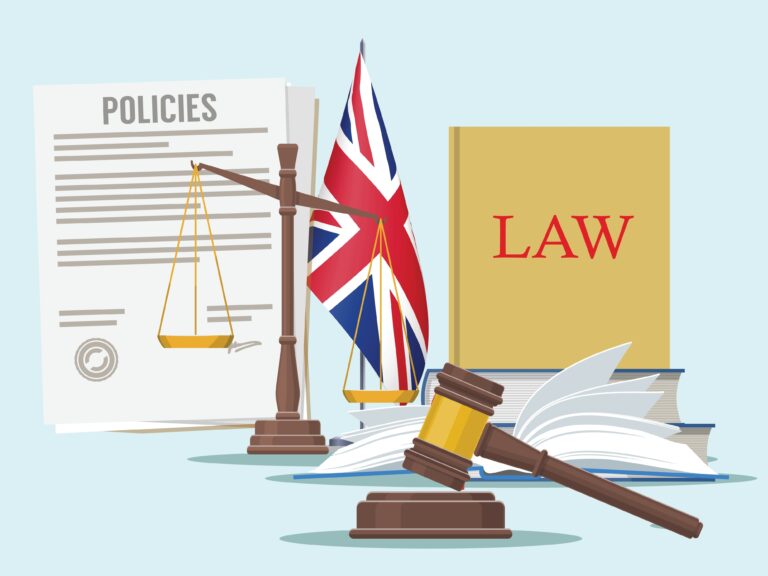Bolt Burdon Kemp and the Government’s Sexual Abuse Inquiry
On the 12th March 2015, the Home Secretary established a statutory inquiry into the scandal of the widespread sexual abuse of children in England and Wales. The Inquiry aims to conduct an over-arching review of those people and institutions with a duty to protect children, and examine the extent to which they may have failed to do so, leading to what some have called “a child abuse epidemic” in this country. Indeed the Prime Minister has described the abuse of children as “a national threat” to our society.
The Inquiry’s task is a massive one. It will investigate prominent individuals – such as Savile, Smith and Janner – and churches, local authorities and other institutions such as the scouts, the police, schools and the military.
The chair of the Inquiry is a leading judge from New Zealand, The Hon. Lowell Goddard. She is assisted by counsel to the Inquiry, Ben Emmerson QC and Hugh Davies QC. Although only at the start of their work, both counsel invited me, and my colleagues David McClenaghan and Dino Nocivelli to meet them to discuss how we could help.
Why us?
Bolt Burdon Kemp has been representing claimants in civil litigation for 30 years. We were first instructed in compensation claims for child abuse in the late 1990’s. Being based in Islington, we appeared to be well placed to deal with claims arising out of the scandal which hit the local council, which was the subject of the White report in 1995.
As a law firm running one of the country’s largest legal departments representing survivors, we were a natural choice for the Inquiry’s counsel seeking to understand the way compensation works. We made them aware of our campaigning work, and the cases we have brought in the past to change the law for the benefit of victims everywhere.
Why compensation is key, and why it should be on the Inquiry’s agenda
We made the point that compensation can be a vital part of healing: Its award acknowledges that fault lies elsewhere. It saves tax payers’ money – money which otherwise would be spent on NHS treatment and welfare benefits – because the abuser (or their employer) pays. It allows successful claimants to re-build their lives and become valuable members of society again, possibly funding a return to education and opportunities for employment. But it is a game of chance – some cases win whereas others fail or have insufficient prospects perhaps because the abuser has died, or has no assets, or the time limits would be an insurmountable problem. In the eyes of clients, these are arbitrary distinctions.
Claimants’ concerns about the current system
We discussed a broad range of issues but top of the list was that our adversarial court system can itself be seen as abusive, and we pointed to the work in which David and I have been involved in helping vulnerable witnesses give their best evidence in court. We talked about continual issues with delay endemic in the courts, and cases being fought on limitation time limits (thus denying interim payments) even where liability is otherwise admitted. A recent development is the issue of consent being raised as a defence, and the use of the Compensation Act 2006 to avoid liability.
Clients are generally concerned with reports of insurers suppressing information from public scrutiny, threatening those they insure that they will avoid paying out under their policies if information is publicly shared. This happened in North Wales and more recently in Rotherham. It is unfortunate that the Government has so far failed to introduce a law to make reporting of abuse mandatory, despite promising to do so.
Claimants are also concerned at their treatment by the Criminal Injuries Compensation Authority (CICA). The CICA is unyielding on time limits and often raises consent in fact as a reason not to pay out. Whilst we have a 100% success rate in appealing these decisions, we fear that many individuals – when faced with a refusal from a case worker – do not pursue their application further. As a result the Government is saving much needed funds, but at the expense of victims’ rights to compensation.
Law reform
We suggested that the Inquiry look at recommending some statutory form of redress for those who cannot – for whatever reason – successfully bring a compensation claim through the courts. We drew counsels’ attention to the fact that the Scottish Government is consulting on doing away with limitation in ‘historic’ abuse cases.
Apologies are very important for our clients but the court has no power to order them to be given, and they are only offered by the more enlightened of the defendants’ representatives. We feel they should have formal role in litigation.
As president of the Association of Personal Injury Lawyers, I also took the opportunity to outline its campaign to make it compulsory for public-facing businesses to have liability insurance. If this was brought in, even if schools or care homes had closed down, survivors would be able to trace an insurer and recover the compensation they rightfully deserve and desperately need for the abuse they suffered as a child.
After our meeting, I was invited to put in written submissions (pdf) to the Inquiry. Bolt Burdon Kemp look forward to continuing our dialogue with the Inquiry, and assisting in its vital work.










